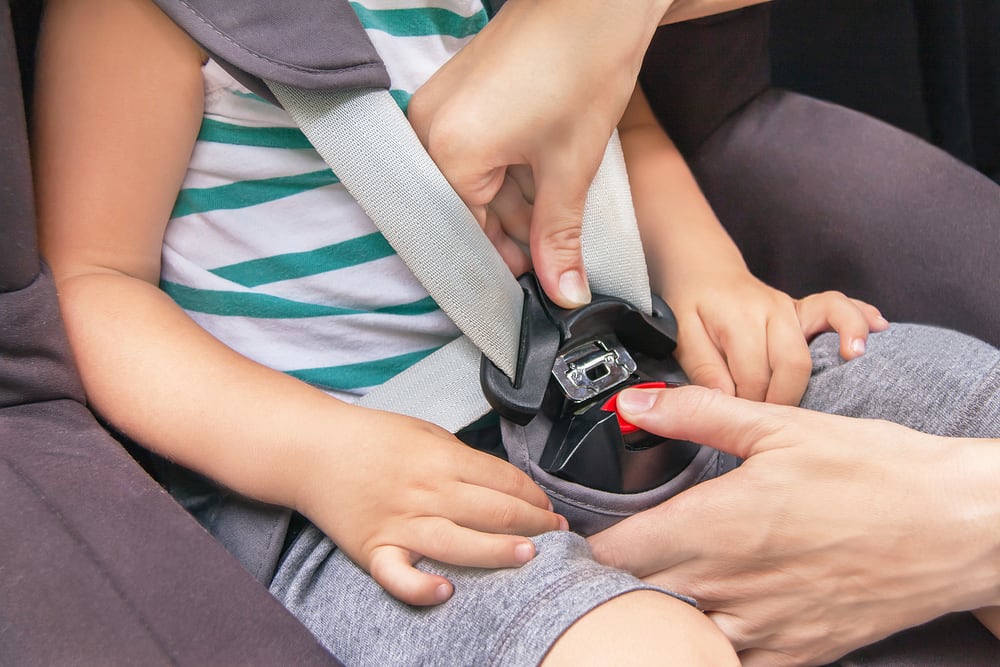

Tennessee was the first state to pass laws that require children to be restrained in car seats and booster seats. Other states swiftly followed suit, creating laws based in common sense to protect children from injuries and death on our roadways.
Summary of Tennessee’s child seat safety laws
In Tennessee, the child seat safety laws can be summarized as follows:
Children under 1 year or weighing under 20 pounds, must be secured in a rear-facing child safety seat.
Children ages 1 to 3 and weighing over 20 pounds, must be in a forward-facing child safety seat.
Children ages 4 to 8 who are under 57 inches tall must be in a booster seat, and wearing a seat belt.
Car seats should be in the back seat, unless the vehicle has no back seat.
All car seats and booster seats must be used according to the manufacturer’s instructions, and must be compliant with federal safety standards for motor vehicles.
Restraints may be modified if it is medically necessary. This requires a physician’s prescription, a copy of which must be kept in the vehicle where the modified device is being used.
Drivers are responsible for making sure that children up to the age of 16 are properly restrained in the vehicle. If the child’s parent or guardian is in the car, but is not driving, then the responsibility shifts to that parent or guardian.
Penalties
If you violate the laws regarding child seat safety in the state of Tennessee, you can be fined $50.
A child safety seat can keep your child from being injured in the event of a collision, and even save his or her life. Make sure that you have the proper child safety seat, and that your child is always safely secured.



